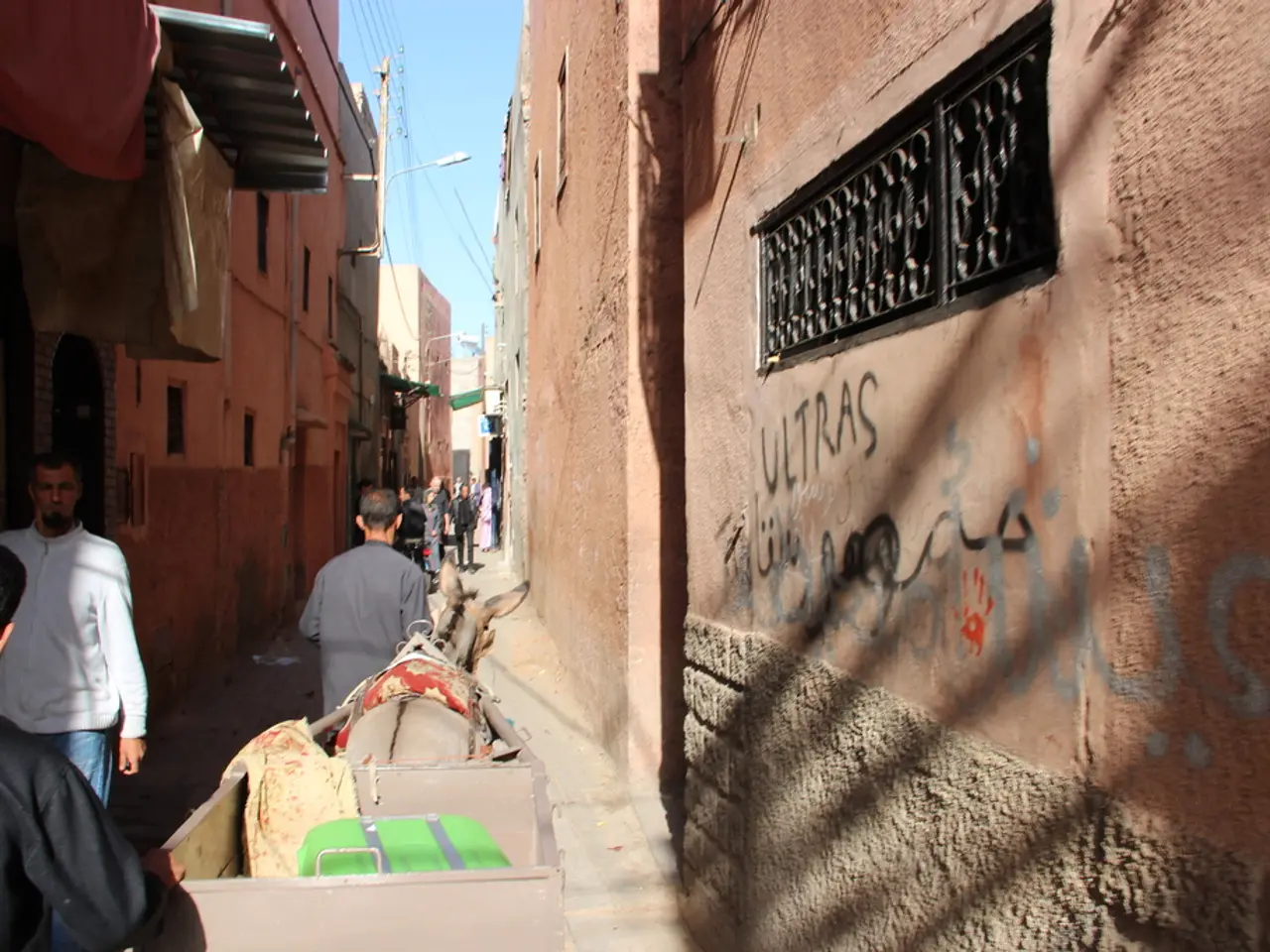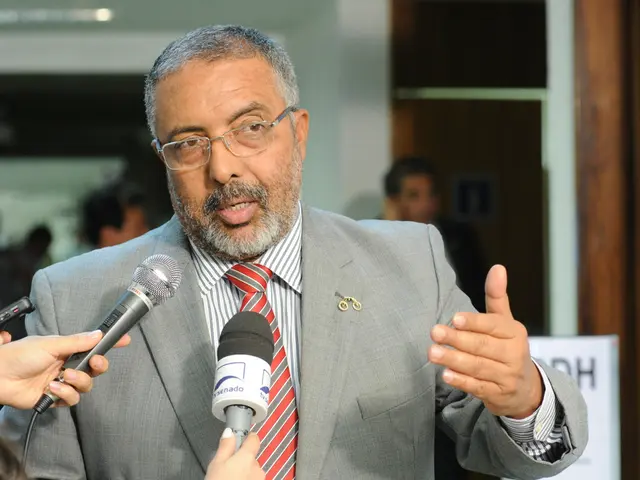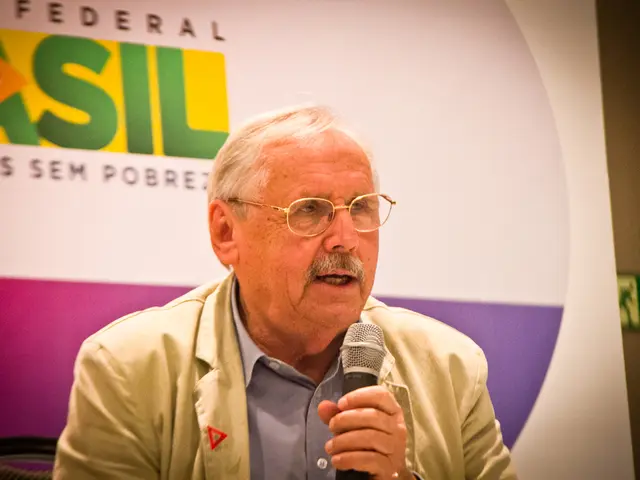Expanded Recognition of Palestine: Implications for Palestinians and Israelis
In a significant development, Britain, France, Canada, Australia, and Belgium have announced their intention to recognise a Palestinian state around the time of the U.N. General Assembly this month. This move comes amidst a global outcry over Israel's conduct in the Gaza war, with Israel expressing concerns that such recognition would reward Hamas for the attacks that precipitated the war in October 2023.
The recognition of an independent Palestinian state by these countries would increase international pressure on Israel and potentially lead to sanctions, aiming to support the humanitarian situation in Palestine and promote a viable two-state solution. However, Israel opposes this, considering it a threat to its existence and a reward for Hamas, while Palestinians would see it as a significant political gain.
Vincent Fean, a former British consul-general in Jerusalem, suggests that recognition might force countries to review aspects of their relationships with Israel. On the other hand, the United States strongly opposes these recognition moves by its European allies and has responded by imposing sanctions on Palestinian officials, including blocking Abbas and other PA figures from attending the U.N. General Assembly by denying and revoking visas.
Israel is currently run by its most far-right government, including parties sworn to make it impossible for the Palestinians ever to gain a state. The Palestinian Authority, led by President Mahmoud Abbas, exercises limited self-rule in parts of the Israeli-occupied West Bank under agreements with Israel. The Gaza Strip, administered by Hamas since 2007, is a separate entity from the West Bank.
The UN has endorsed a declaration on a two-state solution for Palestinians and Israel, but no negotiations for this solution have taken place since 2014. The Palestinian ambassador to Britain, Husam Zomlot, believes that recognition could lead to partnerships on an equal footing. French President Emmanuel Macron has endorsed recognition of a Palestinian state, with a commitment by the PA to enact reforms.
It is important to note that Israel's main ally, the United States, has not recognised a Palestinian state, stating it will only do so after the Palestinians agree with Israel on a 'two-state solution'. As of now, 147 out of 193 U.N. member states have recognised the independent Palestinian state, with the latest being Mexico in January.
Some major powers, including China, Russia, Japan, Germany, Canada, Denmark, Egypt, Jordan, Tunisia, and South Africa, have consular offices in Ramallah in the West Bank, or in East Jerusalem, an area the Palestinians want as their capital. Israel's Prime Minister Benjamin Netanyahu has stated that Israel will never give up ultimate security control of Gaza or the West Bank, and he has also stated that there will never be a Palestinian state.
Countries planning recognition say it would be more than an empty gesture and could lead to partnerships between entities on an equal footing. The Palestinians, eager for recognition and a resolution to their long-standing conflict with Israel, are closely watching these developments. The international community, divided on the issue, continues to grapple with finding a peaceful and lasting solution to this complex and long-standing conflict.
Read also:
- United States tariffs pose a threat to India, necessitating the recruitment of adept negotiators or strategists, similar to those who had influenced Trump's decisions.
- Weekly happenings in the German Federal Parliament (Bundestag)
- Southwest region's most popular posts, accompanied by an inquiry:
- Discussion between Putin and Trump in Alaska could potentially overshadow Ukraine's concerns








